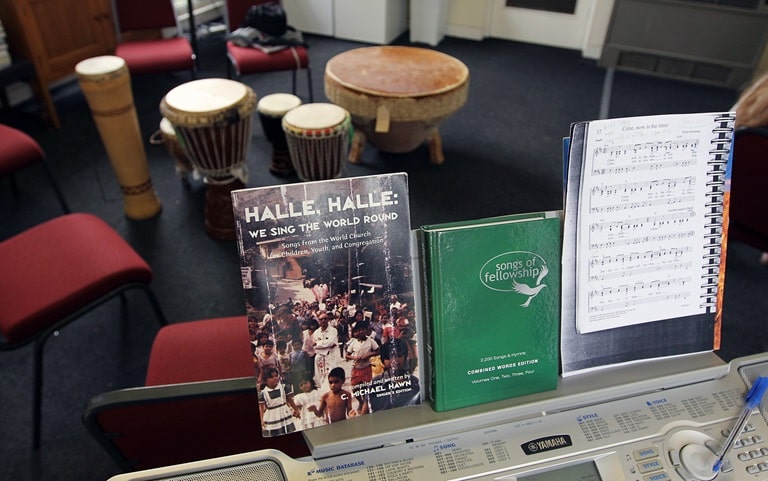First the Kingdom of God: Global Voices on Global Mission
by Daniel K. Darko and Beth Snodderly, editors
William Carey International University Press
—Reviewed by David R. Dunaetz, Azusa Pacific University; Claremont Graduate University; former church planter in France
THIS IS A COLLECTION OF academic articles, all relating to missions or evangelism, and all written from an evangelical perspective. The majority of these articles appeared in a multilingual festschrift to honor Peter Kuzmič, president and founder of the Evangelical Theological Seminary of Croatia and one of Eastern Europe’s most preeminent evangelical scholars. The topics of the articles are quite diverse, ranging from an overview of the biblical relationship between the church and the Kingdom of God (by Peter Kuzmič himself) to a history of the first liberal arts college started by the Assemblies of God (Barry Corey).
The articles are written by scholars from both the Global North and South, presenting a variety of points of view, but all within a clearly evangelical framework. Each article is written in a fairly academic style (relatively objective and dense texts with linear logic and a high level of precision), close to the style of the scholarly journal Missiology. Such a collection of mission-focused articles indicates that there is perhaps room in the academic landscape for a purely evangelical journal of missiology with articles of this caliber.
An interesting tension arises from cultural differences between some of the authors of the Global North and South. From the Global South, Ruth Padilla DeBorst calls for North American mission organizations and churches (which she sees as struggling with imperialistic desires and ethnocentricity) to hand over power and leadership to the Global South. However, from the perspective of the Global North, respect should be given to all persons simply because of their humanity, but respect for a person’s work must be earned through competence and the quality of the work (Miroslav Volf). Similarly, among Europeans, trust is not simply given to others; it must be earned through mutually beneficial partnerships with continual dialogue (Gregory Mundis).
Possible leads to follow for dealing with these potentially conflicting values come from other authors of this volume. Hwa Yung presents an overview of the ministry of John Sung, a Chinese evangelist of the early twentieth century. Sung saw the danger of the Chinese Church becoming overly dependent on rich missionaries and called for the young churches in China to stop relying on Western organizations and instead to strive to meet their own needs.
Another lead to follow comes from René Padilla (Ruth Padilla DeBoost’s father), who calls missionaries everywhere to empower those who are poor, not by coming as teachers, but as facilitators who enable those who are poor to read scripture together in order to understand what the text is saying to them in their cultural context. This type of engagement with scripture, Padilla argues, is the essence of the Great Commission.
….
EMQ, Vol. 51, No. 1 pp. 116-117. Copyright © 2015 Billy Graham Center for Evangelism. All rights reserved. Not to be reproduced or copied in any form without written permission from EMQ editors.



